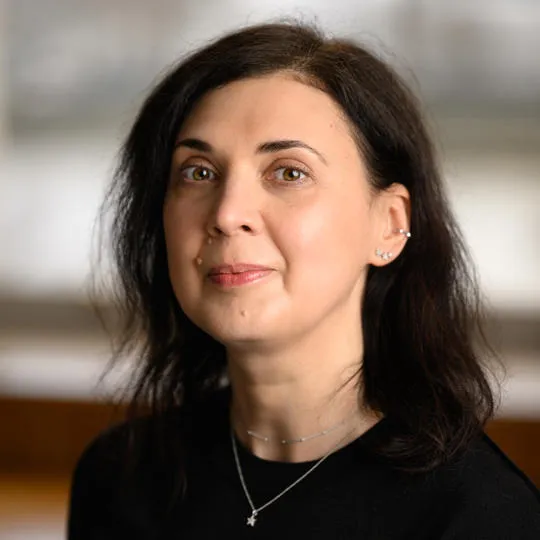Please note: this event has passed
How can digital material from the web and social media be gathered and analysed for social and policy research? What are some tools and resources to get started with? What are some of the opportunities, challenges and limitations of digital methods research in the current moment? How to assess the feasibility of different kinds of lines of inquiry in digital methods research?
King’s College London researchers and co-founders of the Public Data Lab research network will provide a friendly and accessible tour through some starting points, tools and examples for those interested in digital methods for social and policy research. The session will draw on a decade of collaborative projects undertaken with NGOs, media organisations and community groups, in relation to misinformation and conspiracy cultures, political bots, algorithmic trouble, web tracking, COVID-19 testing, data journalism, nature-based solutions, forest fires, forest restoration, urban belonging and collective identity formation.
Participants will also be introduced to KingsCAT, an instance of the open source 4CAT: Capture and Analysis Toolkit set up to support interdisciplinary and collaborative social media research at King’s. Deployed at dozens of universities around the world, 4CAT provides an accessible interface for gathering and analysing collections of data from platforms such as Douyin, Facebook, Instagram, LinkedIn, Tiktok, Twitter/X, Tumblr, YouTube and Weibo.
KingsCAT is a cross-faculty initiative coordinated by the Digital Future Institute’s Centre for Digital Culture in collaboration with e-Research and colleagues from multiple institutes and centres (King’s Digital Lab, King’s Business School, King's Policy Institute, Centre for Data Futures, African Leadership Centre, The Global Institute for Women’s Leadership, and The Centre for Language, Discourse and Communication), as well as departments and schools (Population Health Sciences, War Studies, English, Inflammation Biology, Geography, Digital Humanities, Marketing, Languages, Literatures and Cultures, Immunology & Microbial Sciences and Culture, Media & Creative Industries).
This event is co-organised by the Centre for Digital Culture, Department of Digital Humanities and the Social Science & Public Policy Methods Centre. It is chaired by Claudia Aradau.
Speakers:
Claudia Aradau is Professor of International Politics in the Department of War Studies at King’s College London and Methods Centre Director in the Faculty of Social Science and Public Policy. Her current research focuses on how digital technologies reconfigure security and surveillance practices, and how algorithms and machine learning recast relations between security, democracy, and critique. Her latest book, Algorithmic Reason: The New Government of Self and Other (with Tobias Blanke) won the 2023 Best Book Award by the Science, Technology and Arts in International Relations section of the International Studies Association. In 2023, Claudia received the Distinguished Scholar Award from the International Political Sociology Section of the International Studies Association. She was Principal Investigator of the European Research Council-funded Consolidator Grant ‘Enacting border security in the digital age: Political worlds of data forms, flows and frictions’.
Liliana Bounegru is Senior Lecturer in Digital Media, Culture and Society at the Department of Digital Humanities, King's College London. She is also co-founder of the Public Data Lab and affiliated with the Digital Methods Initiative in Amsterdam and the médialab, Sciences Po in Paris. More about her work can be found at lilianabounegru.org.
Jonathan W. Y. Gray (jwyg) is Director of the Centre for Digital Culture and Reader in Critical Infrastructure Studies at the Department of Digital Humanities, King’s College London; Cofounder of the Public Data Lab; and Research Associate at the Digital Methods Initiative (University of Amsterdam) and the médialab (Sciences Po, Paris). His work critically and creatively engages with the roles of digital data, methods and infrastructures in society. More about his work can be found at jonathangray.org.
Event details
MB 2.1Macadam Building
Macadam Building, Surrey Street, London, WC2R 2NS



